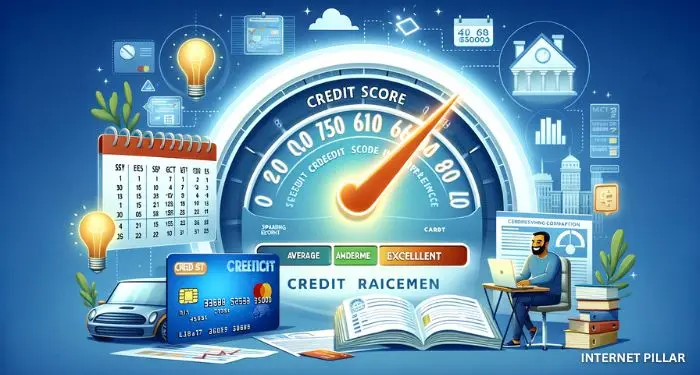Personal finance isn’t typically taught in schools leaving many unsure about managing money unless they learned from their parents.
With the growing need for financial literacy it has become important for everyone to handle their finances well for stability.
Personal finance covers managing your own or your family’s money planning for the present and future and preparing for unexpected expenses.
Mastering finance management involves navigating budgeting, debt, savings and various financial decisions often complicated by personal feelings towards money.

Emotions can play a big part with some feeling stressed about finance others disliking budgeting and many getting distracted by the latest financial trends.
Let’s get going!
21 Personal Finance Tips That Will Change Your Life
1. Set Up a Financial Calendar
Consider setting up reminders for key financial tasks like paying taxes or checking your credit. This simple step can prevent future problems and keep your finances on track.

2. Monitor Your Net Worth
Your net worth is an important indicator of your financial health. Tracking it helps you in understanding your financial progress and any potential setbacks.
3. Define Clear Financial Goals
Be specific about your financial objectives. Assign numbers and deadlines to your goals such as debt reduction and savings targets to make them more tangible.
4. Prioritize Saving
Shift your mindset to save before spending. This approach ensures you consistently build your savings safeguarding your financial future.

5. Avoid Cosigning Loans
Cosigning a loan can be risky. If the primary borrower fails to make payments you’ll be responsible which can strain both your finances and personal relationships.
6. Choose Suitable Insurance
Ensure you have the right insurance coverage for your home vehicle and life. Adequate insurance acts as a safety net for unforeseen events.
7. Pay Attention to Interest Rates
Keep an eye on the interest rates for your loans and credit accounts. Understanding these rates can help you manage your debt more effectively and save money in the long run.

8. Start Saving for College Early
With many Americans burdened by student loans starting a college fund early like a 529 plan can ease future financial strain. Encouraging family contributions can also help.
9. Buy Home with Caution
When purchasing a home ensure the mortgage is affordable. Targeting for a 20% down payment can reduce overall loan costs and offer better mortgage terms.
10. Apply the 50/30/20 Budget Rule
For balanced money management allocate 50% of income to necessities 30% to wants and 20% to savings and debt repayment following the 50/30/20 rule.

11. Wise Investing
Investing in low-risk options like index funds and maximizing tax-advantaged accounts like 401(k)s or IRAs can increase long-term savings without high risk.
12. Avoid Impulse Buying
Avoid the financial pitfalls of impulse purchases by waiting a week before buying to ensure it’s a worthwhile expenditure.
13. Emergency Fund
Prepare for unexpected expenses by saving 3-6 months’ worth of living expenses in an accessible but untouchable emergency fund.

14. Strategize Debt Repayment
To tackle debt consider the avalanche method focusing on high-interest debts first or the snowball method paying off smaller debts for motivational wins.
15. Dodge Debt and Master Credit
Steer clear of debt whenever possible as it can hinder your financial future. Use credit wisely for significant purchases like a home or car but avoid letting it control you.
16. Keep an Eye on Your Credit
Regularly monitoring your credit score and report is crucial for financial health. Aim for a score above 740 to improve your chances in housing transportation and more.

17. Start Saving Now
Start saving now regardless of your current financial situation. Creating a separate savings account can help you avoid spending money that should be saved.
18. Stash Your Savings Separately
In order to resist the temptation of dipping into your savings you should keep them in a separate account preferably one that earns interest.
19. Boost Your Earnings
When budgeting and saving hit their limits look for ways to increase your income to continue improving your financial situation.

20. Negotiate Your Pay
Boosting your income can start with your salary. When starting a new job let the employer propose the first salary figure then negotiate for more.
21. Invest in Personal Growth
Consider investing in your education and skills especially early in your career.
Believe me, this investment can lead to higher earnings and better job opportunities in the future.
I hope these tips will help you in being financially stable and change your life.



